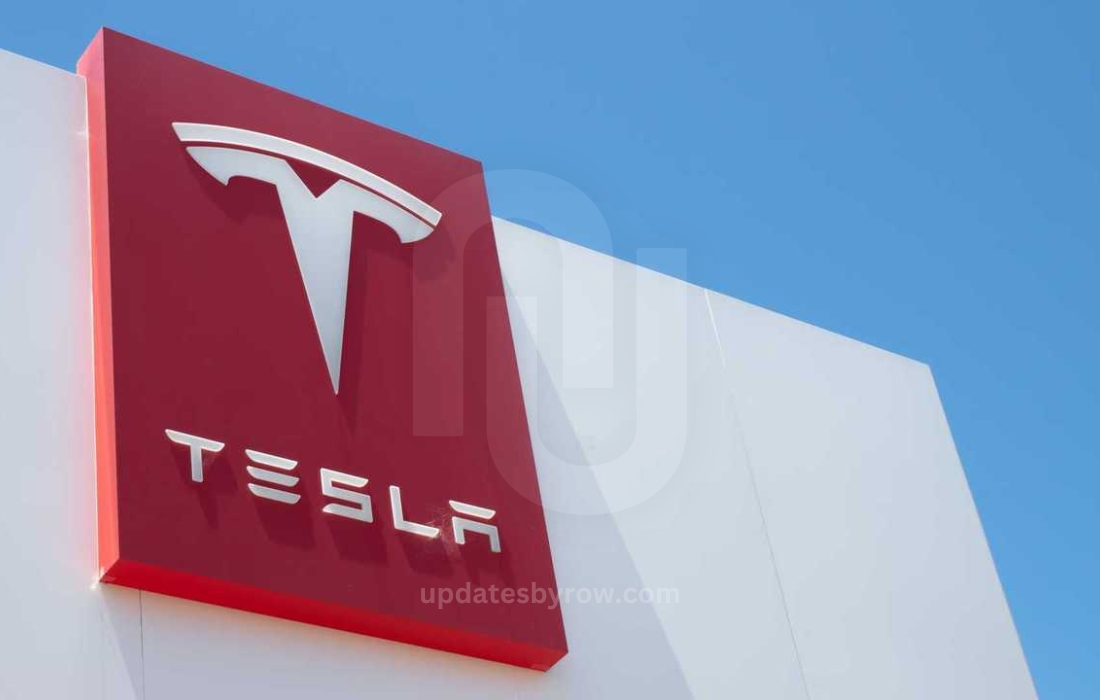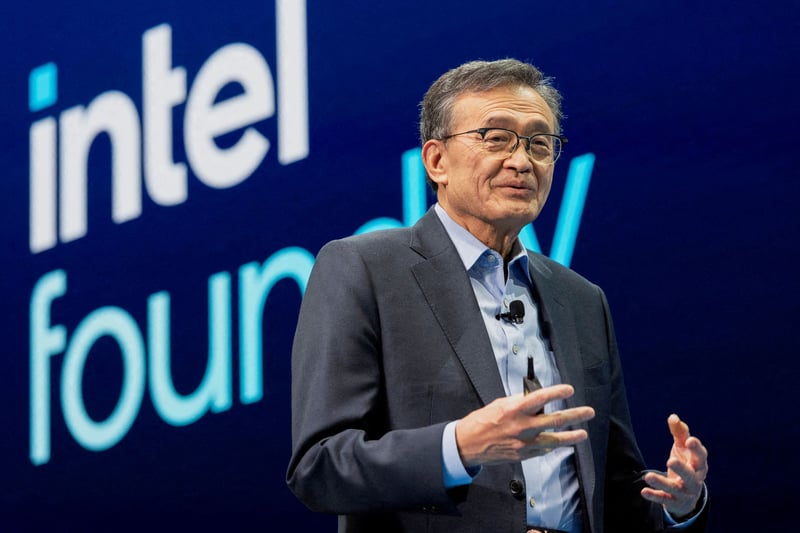Tesla will officially launch in Saudi Arabia next month, marking a major expansion in the Middle East. The announcement signals a renewed relationship between Tesla CEO Elon Musk and the kingdom after past disputes.
Key Details of Tesla’s Saudi Launch
- Sales Begin in April – Tesla’s vehicles will be available in Saudi Arabia for the first time.
- Major Launch Event – A showcase in Riyadh on April 10 will highlight Tesla’s EVs and energy solutions.
- Autonomous Tech on Display – The event will feature the Cybercab self-driving vehicle and Optimus, Tesla’s AI-powered humanoid robot.
- Retail Expansion – Temporary Tesla stores will open in Riyadh, Jeddah, and Dammam on April 11.
- Future Investments – Tesla plans further expansion in Saudi Arabia, with major projects expected in 2025 and beyond.
Background: The Dispute Between Musk and Saudi Arabia
- In 2018, Musk tweeted that he had “funding secured” to take Tesla private, referring to discussions with Saudi Arabia’s Public Investment Fund (PIF).
- The claim led to a lawsuit from investors when the deal failed to materialize.
- A US court later ruled that Musk was not liable for misleading investors.
- Recently, Musk has reconnected with Saudi leaders, appearing at investment events and high-profile gatherings.
Saudi Arabia’s EV Market & Challenges
- Slow EV Adoption – Only 1% of cars sold in Saudi Arabia are electric, according to a 2024 PwC report.
- Existing Competition – Chinese automaker BYD and PIF-backed Lucid Motors already operate in the market.
- Saudi’s Own EV Brand – The PIF is developing Ceer, a domestic electric vehicle company.
- Challenges for EVs – Cheap fuel prices, long desert highways, and a lack of charging stations make EV adoption difficult.
Why This Move Matters for Tesla
- Tesla’s sales in Europe have dropped by 42.6% this year.
- The company has faced backlash in the US over Musk’s political ties and government policy changes.
- Saudi Arabia’s market provides a new opportunity for Tesla’s global expansion.
Tesla’s entry into Saudi Arabia reflects a strategic business move as the country pushes toward electric mobility. However, overcoming infrastructure challenges will be key to Tesla’s long-term success in the region.




